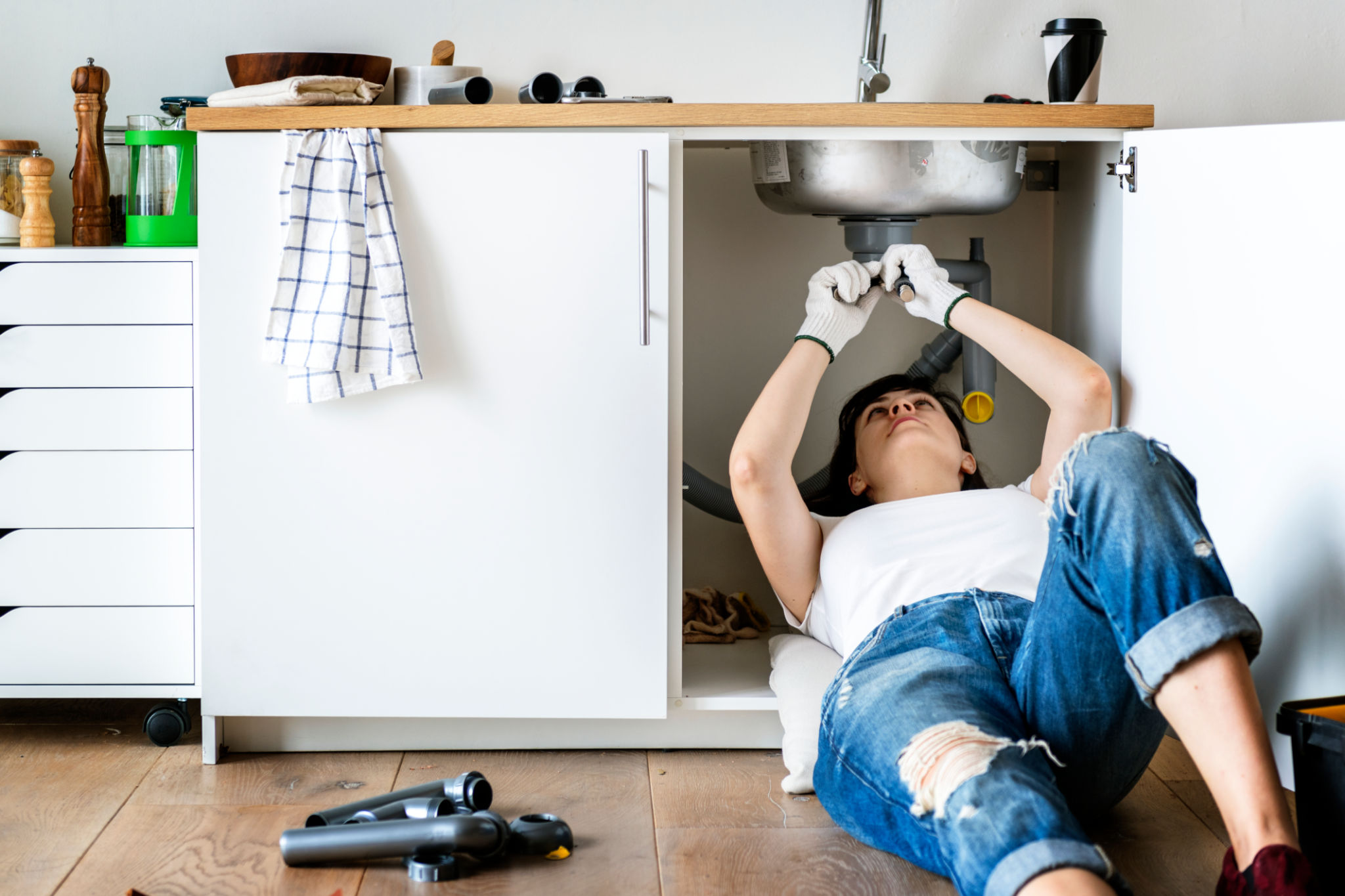Common Misconceptions About Property Maintenance Debunked
Introduction to Property Maintenance Misconceptions
Property maintenance is a crucial aspect of managing real estate, yet it is often surrounded by numerous misconceptions. These misunderstandings can lead to inadequate property upkeep, resulting in costly repairs and decreased property value. In this blog post, we aim to debunk some of these common myths and provide clarity on effective property maintenance practices.
Myth 1: Property Maintenance Is Only Necessary When Something Breaks
One of the most prevalent misconceptions is that maintenance is only needed when issues arise. However, regular and proactive maintenance is key to preventing larger problems. By scheduling routine checks and repairs, property owners can avoid unexpected breakdowns and extend the lifespan of their buildings and equipment.

The Importance of Preventive Maintenance
Preventive maintenance involves regular inspections and minor repairs to prevent major failures. This approach not only saves money in the long run but also ensures the safety and comfort of tenants or residents. Implementing a preventive maintenance schedule can significantly reduce the likelihood of emergency repairs.
Myth 2: DIY Repairs Are Always Cheaper
While do-it-yourself repairs might seem like a cost-effective solution, they can sometimes lead to more harm than good. Without the proper skills and tools, DIY attempts can exacerbate problems or create new ones, leading to higher costs in the long run.

When to Call a Professional
It's essential to recognize when a task requires professional expertise. Complex issues such as electrical problems, plumbing concerns, or HVAC system malfunctions should be handled by qualified professionals to ensure safety and compliance with property regulations.
Myth 3: Property Maintenance Is a One-Time Task
Another common misconception is viewing property maintenance as a one-time task rather than an ongoing responsibility. In reality, maintaining a property requires continuous effort to keep it in optimal condition. Regular updates, repairs, and improvements are necessary to adapt to changing needs and standards.

The Benefits of Continuous Maintenance
Continuous maintenance not only enhances the property's appearance but also increases its value. A well-maintained property attracts higher-quality tenants or buyers, providing a better return on investment. Additionally, staying up-to-date with maintenance can help identify potential issues before they become costly repairs.
Conclusion: Embracing Effective Property Maintenance
By debunking these common misconceptions, property owners can adopt more effective maintenance strategies. Understanding the importance of regular, professional, and ongoing maintenance will lead to improved property conditions, satisfied tenants, and ultimately, greater financial returns.
